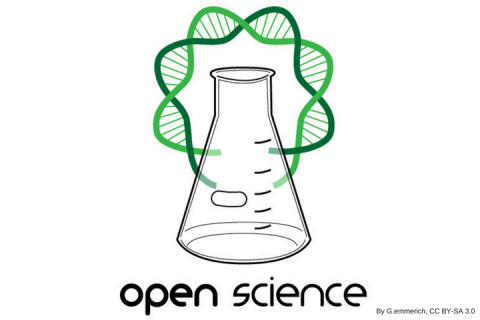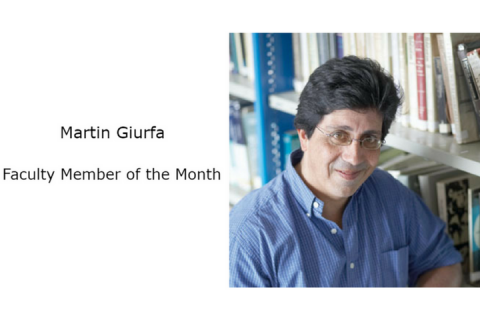Last summer we launched our interactive figures initiative with plotly. Since then, we have published 22 interactives figures in seven articles across two platforms. In this post authors describe their figures and share why they wanted to make them interactive.
A Data Note published and currently undergoing peer review on Gates Open Research describes a collective research effort to profile and annotate more than 7,500 microbe spices including bacteria, archaea, viruses, fungi, and protozoa. Two of the authors, Heba Shaaban and David Westfall, describe their work in this guest blog.
The AAAS Annual Meeting takes place in Austin from 15 to 19 February and F1000 will be there. We will try to get to the heart of open science while deep in the heart of Texas. We will be moderating a panel that will include perspectives from a researcher, Charles Lin, Baylor College of Medicine; a funder, Ashley Farley, the Bill & Melinda Gates Foundation; and a publisher, Sabina Alam, F1000. We get some insight into their views on open science.
A recent Research Article published by Chiara Gabella explored how best to fund knowledgebases, which are relied on by many life scientists as highly accurate and reliable sources of scientific information. There are many questions about how to fund these, Chiara explores these questions further with Helen Berman, one of the reviewers of her articles.
‘Hey, hey, we’re the Monkeys, And people say we monkey around’ – you might have seen the recent photos and videos of Zhong Zhong and Hua Hua, as pictured above, the identical pair of macaques playing around and cuddling soft toys. What’s special about these macaques is that they are the first cloned monkeys, born several weeks…
Our product manager, João Peres tells us what new features you can expect in the coming months in the first F1000Workspace Release Notes of 2018.
Martin Giurfa, founder and now deputy Director of the Research Centre on Animal Cognition, France, is January’s featured Faculty Member of the Month. He shares how the hours he spent watching insects as a boy led to a career as a behavioural neuroscientist studying honeybees.
F1000Research operates a transparent post-publication peer review model. We believe this style of peer review creates a conversation between authors and reviewers. To bring this conversation to life, we hear from Camilla Ip, an author on one of F1000Research’s most cited articles and reviewer Nick Loman.
A study published in F1000Research found that short-term group body psychotherapy had a positive effect on a small group of cancer patients. The group participants attended 6 sessions. In this blog, the authors discuss what the sessions involved and how the patients profited from them, attaining new insights into their perceptions of their body and the relationship between their feelings and their body.
Perfectionism is a hidden epidemic among young people, and striving to be flawless could have negative effect on their mental wellbeing, causing the rise seen in depression, anxiety and eating disorders. We share the recommended research related to these issues, as well as our top 3 recommendations and our hidden jewels.


















